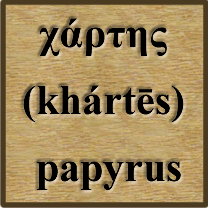One of the things we talked about last night at the French conversation group was patois, specifically Jamaican (Jimiekn / Patwah).
In French patois means
“Système linguistique essentiellement oral, utilisé sur une aire réduite et dans une communauté déterminée (généralement rurale), et perçu par ses utilisateurs comme inférieur à la langue officielle.” [source]
or
“an essentially oral linguistic system, used in a small area and in a particular community (usually rural), and perceived by its users as inferior to the official language.”
In English patois means “an unwritten regional dialect of a language, esp. of French, usually considered substandard; the jargon of particular group.” [source].
Another definition of patois from Wiktionary is:
1. A regional dialect of a language (especially French); usually considered substandard.
2. Any of various French or Occitan dialects spoken in France.
3. Creole French in the Caribbean (especially in Dominica, St. Lucia, Trinidad and Tobago and Haiti).
4. Jamaican Patois, a Jamaican Creole language primarily based on English and African languages but also has influences from Spanish, Portuguese and Hindi.
5. Jargon or cant.
It comes from the Middle French patois (local dialect), from the Old French patois (incomprehensible speech, rude language), from the Old French patoier (to gesticulate, handle clumsily, paw), from pate (paw), from Vulgar Latin *patta (paw, foot), from the Frankish *patta (paw, sole of the foot), from the Proto-Germanic *pat-, *paþa- (to walk, tread, go, step), of uncertain origin [source].
Patois was first used in written French in 1643 to refer to non-standard varities of French, and to regional languages such as Picard, Occitan, Franco-Provençal and Catalan. Such varities and languages were assumed to be backward, countrified, and unlettered. Use of the word was banned by king Louis XIV in 1700.
There is no standard linguistic definition of patois, and to a linguist it can refer to pidgins, creoles, dialects, or vernaculars [source].
Are there similar words in other languages?







